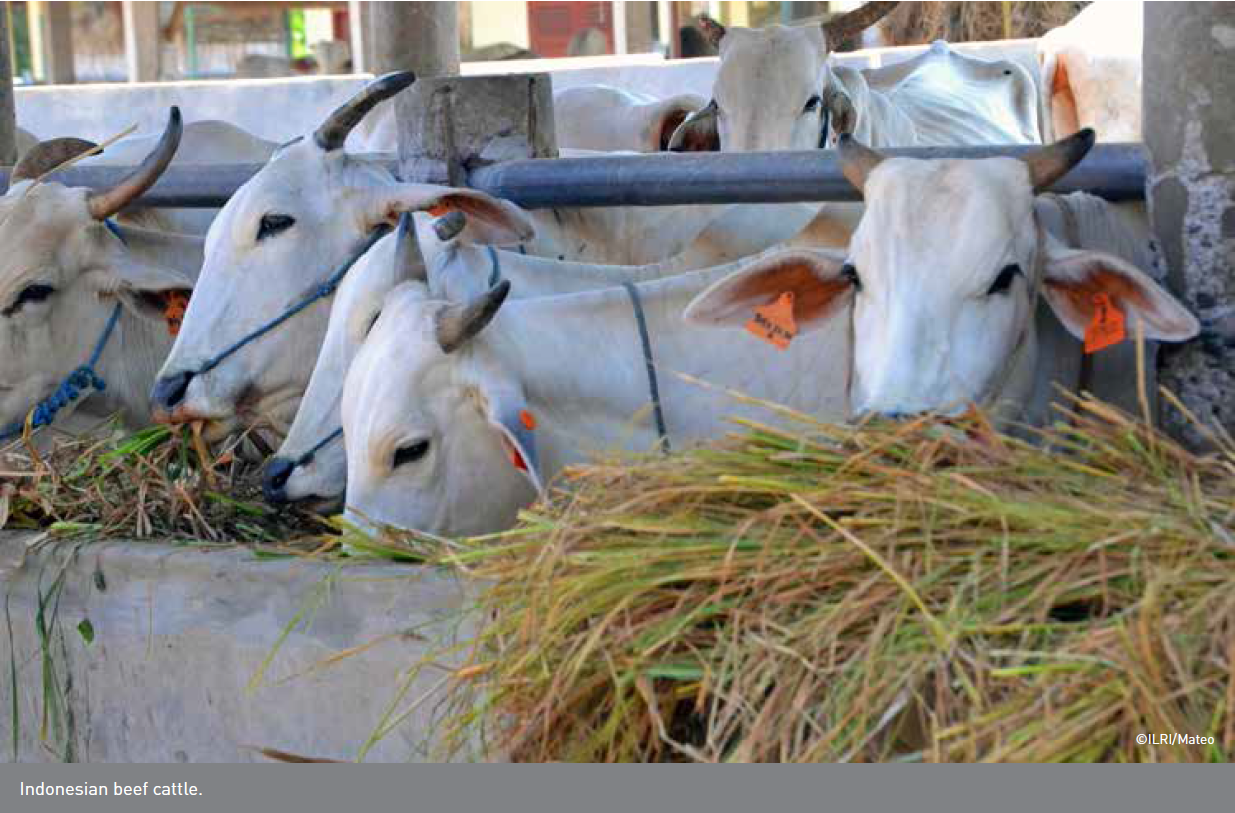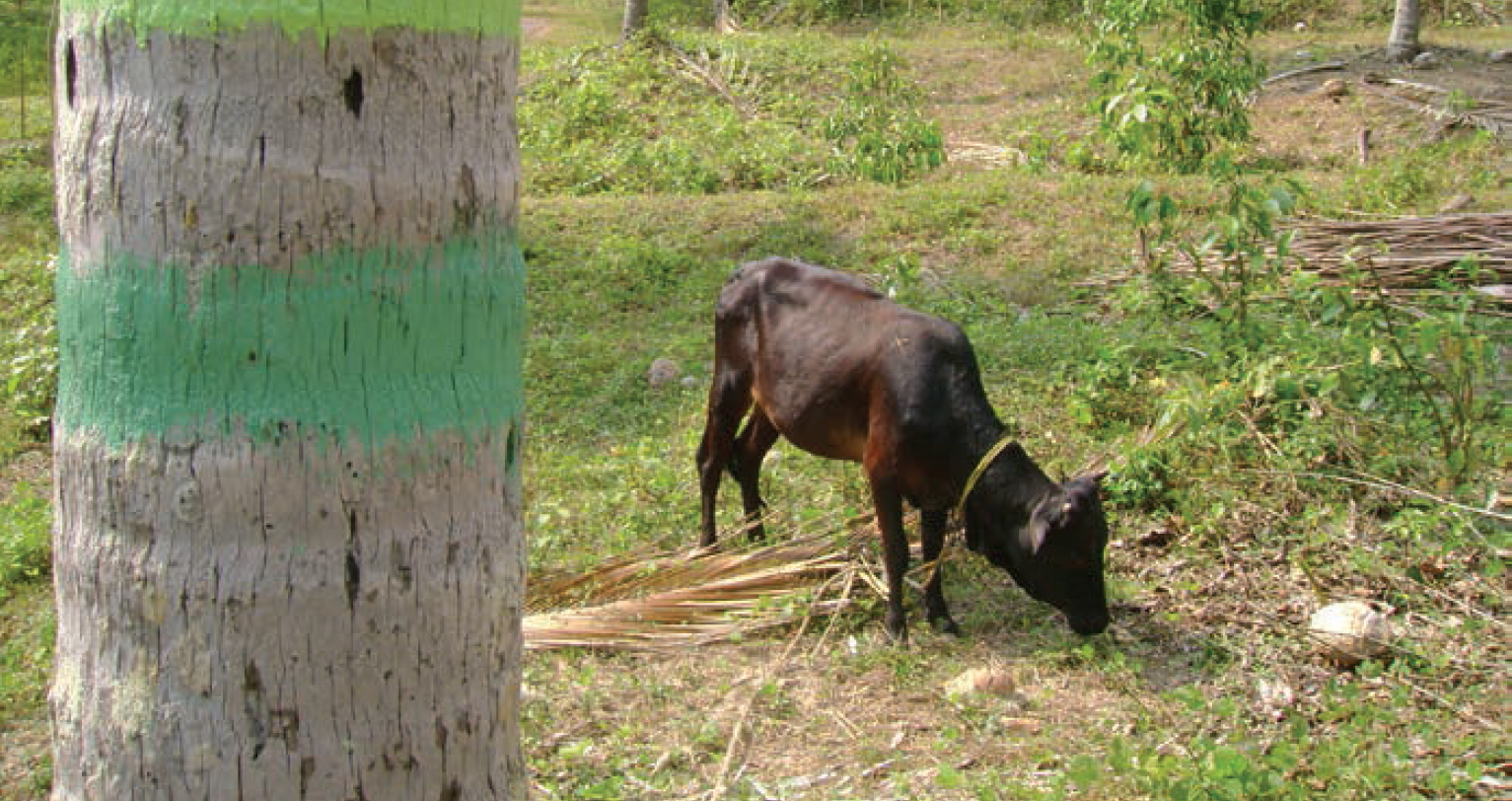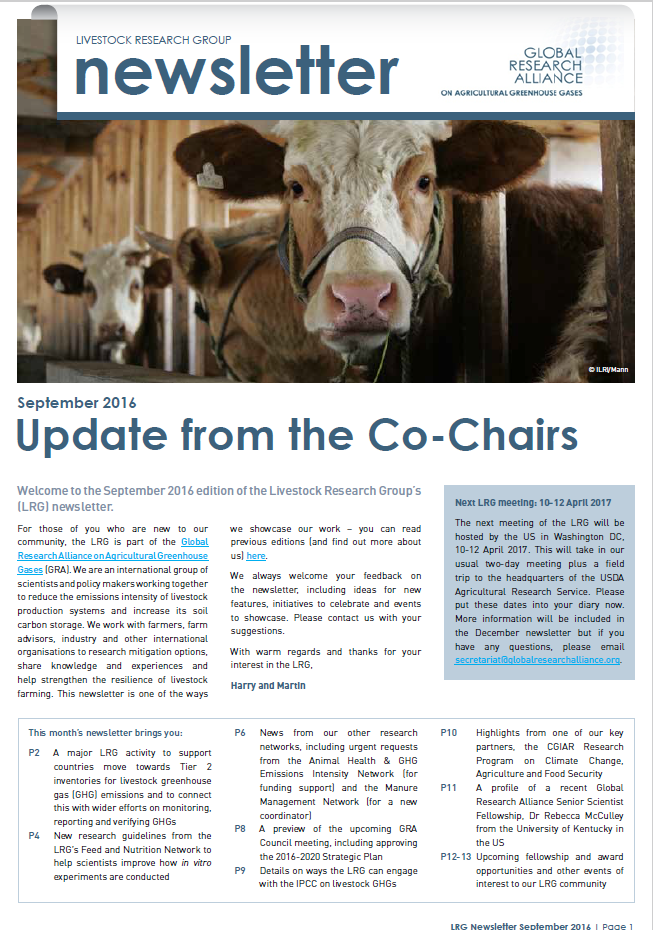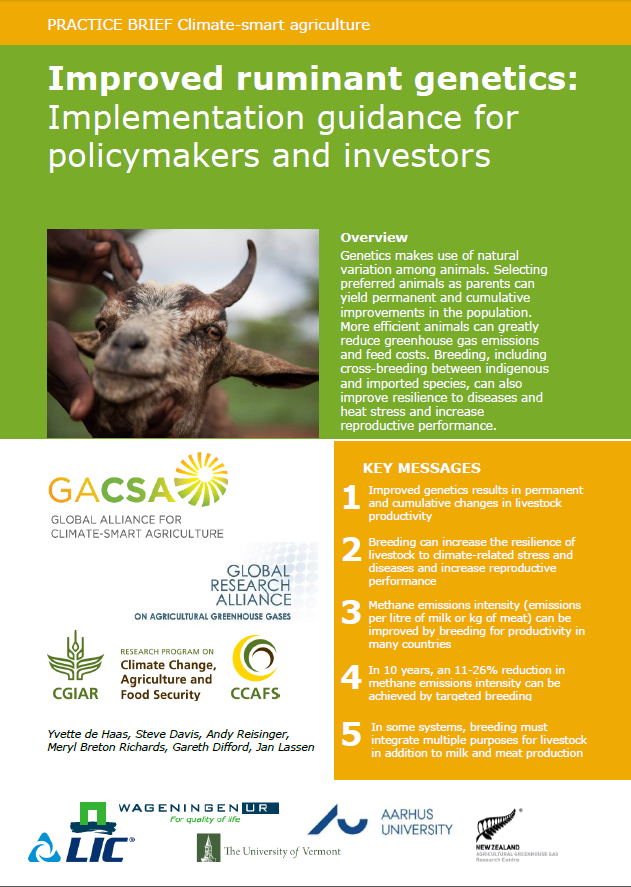The Livestock Research Group’s Feed and Nutrition Network (FNN) seeks a qualified and self-motivated postdoctoral fellow from the Latin American region to work on a GRA flagship project related to reducing methane emissions from cattle using dietary approaches in a range of production conditions and environments. The work on the project is integrated with activities of the GLOBAL NETWORK and CEDERS projects and is an activity of the FNN. The project is coordinated by the FNN leader, based at Pennsylvania State University in the USA, and the postdoctoral position will be based at the Department of Animal Science, Agrosavia-Research Agricultural Corporation in Bogota, Colombia.
For more, including the application process, please download the PDF.
The latest issue of the Livestock Research Group (LRG) newsletter is available to download.
In this edition, the LRG Co-chairs make a special request for readers to consider contributing to critical IPCC reports that are currently being developed, including the Sixth Assessment Report. The newsletter also discusses:
- Our work with South and South-East Asian countries developing Tier 2 inventories for livestock GHGs
- Outcomes from the recent GRA Council meeting
- Details of the first four projects confirmed for the Enteric Fermentation Flagship
- Recent work by CCAFS in low emissions agriculture
The July 2017 edition of the Global Research Alliance’s Livestock Research Group newsletter is now available.
This edition includes updates on the four flagship programmes of the Alliance and a summary of outcomes of the April 2017 Livestock Research Group meeting in Washington DC.
A joint project is underway to help countries improve the way they measure, report and verify greenhouse gas emissions from livestock. Each country currently has different methods of measuring, reporting and verifying (known colloquially as ‘MRV’).
The project is divided into four steps:
- Characterise international requirements for MRV
- Identify the approaches countries are currently taking
- Conduct a survey to identify the reasons for these approaches
- Make recommendations
It is hoped that a first draft of findings will be published in February 2017.
The joint project is being implemented by the Livestock Research Group of the Global Research Alliance and our Partners CGIAR’s Research Program on Climate Change, Agriculture and Food Security (CCAFS), and the Food & Agriculture Organisation (FAO), with support from UNIQUE Forestry & Land Use, and the New Zealand Government.
Read the full article in the December 2016 LRG newsletter
Read the latest newsletter of the Global Research Alliance’s Livestock Research Group here.
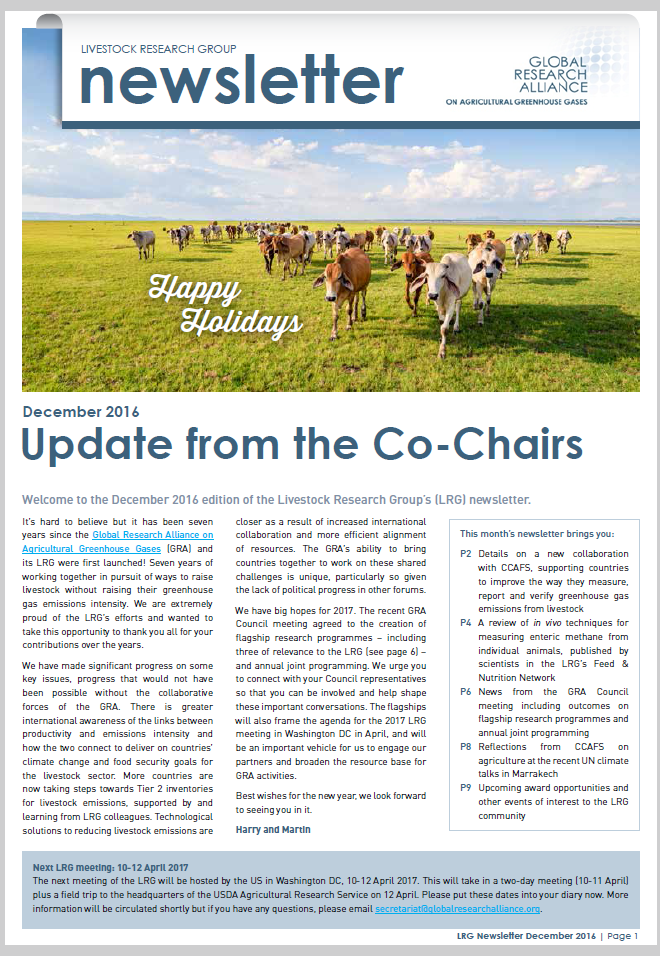
In southern Sri Lanka, smallholder farmers grazing their cattle on local coconut plantations have achieved significant improvements in both livestock and coconut productivity by supplementing with Gliricidia sepium and low-cost concentrates, and through strategic manure management.
For three years, the farmers supplemented their cattle’s natural herbage fodder with a high-protein tree fodder crop (G. sepium), a cheap protein source rich in vitamins and minerals; and a low-cost concentrate (comprising urea, rice bran, molasses and minerals). They also restricted the lengths of tethered ropes for grazing, incorporating more dung and urine to the manure circle of the coconut palm; and deposited fallen fronds, coconut husks etc inside the manure circle to promote nutrient recycling.
The impact on animal productivity has been significant, with cows nearly 10% heavier at calving, the first calving age dropping by around 17%, the average birth weight of calves increasing by 13%, and milk yield increasing by up to 47%. Nut and copra yields almost doubled.
These outcomes indicate real potential for improving long-term food security and other environmental gains in the region.
The latest version of the GRA’s Livestock Research Group newsletter is now available.
This edition has articles on:
* Our work with countries in South and South East Asia to support their development of livestock GHG inventories
* New research guidelines from our Feed and Nutrition Network on conducting in vitro experiments
* A preview of the upcoming GRA Council meeting
* Engagement with the IPCC on livestock GHG issues
* Highlights from CCAFS (the CGIAR’s Research Program on Climate Change, Agriculture and Food Security), one of our major partners
Download the newsletter here
Improved ruminant genetics increase animals’ resilience to climate-related stresses, increases reproductive performance, and – in some countries – could achieve emission reductions of 11-26% per unit of product, according to a new practice brief written by scientists from the Global Research Alliance’s Livestock Research Group and the CCAFS low emissions agriculture flagship. This brief is part of the CSA practice brief series of the Global Alliance for Climate Smart Agriculture (GACSA) Knowledge Action Group.
The brief summarises the state of the science in this area and provides implementation guidance for policymakers and investors. It describes how animal breeding can increase livestock productivity and resilience to climate change, while also reducing greenhouse gas emissions intensity. It focuses on opportunities in developing countries, where the majority of the world’s ruminant populations can be found.
More details on the practice brief can be found in a joint LRG/CCAFS blog post here. You can also download the practice brief here.

